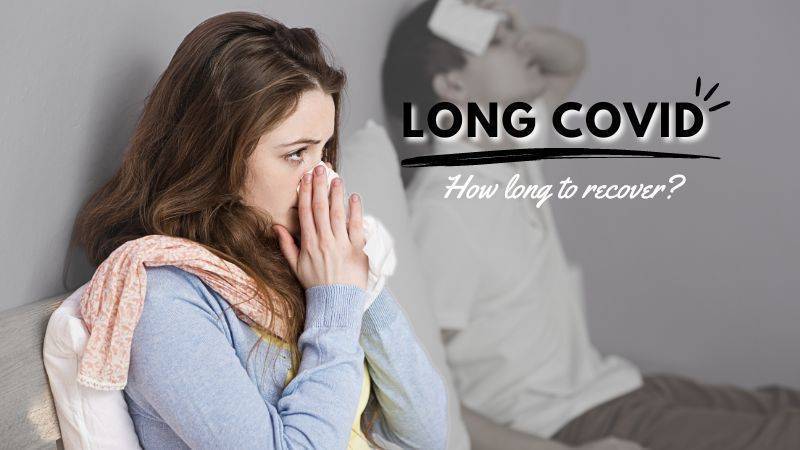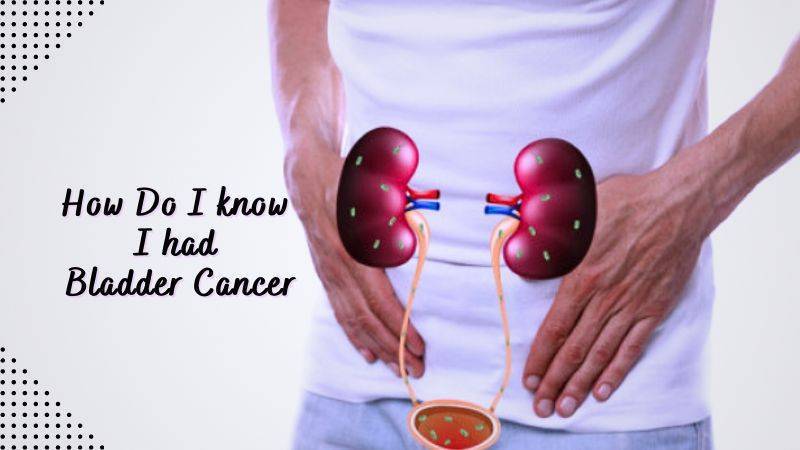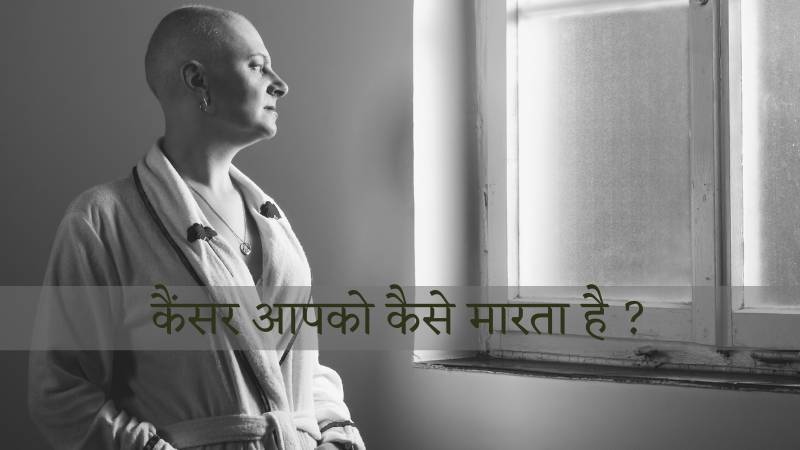What is Long COVID | Symptoms | Diagnosis | Recovery Time | Treatment | Risk Factors | Protection | Conclusion |
The Centers for Disease Control and Prevention (CDC) asserts that any individual who has undergone a COVID-19 infection, irrespective of the severity of the disease, including those with mild symptoms or those who were asymptomatic, can potentially develop symptoms of long COVID.
Studies have also uncovered that individuals suffering from long-term symptoms were found to have antibodies typically linked with autoimmune diseases, along with increased concentrations of cytokines, proteins known to trigger inflammation.
Let’s learn more about Long COVID:
What is Long COVID?
The majority of individuals who contract COVID-19 start to improve within a few days or weeks following the onset of their initial symptoms, and usually fully recover within a 12-week period.
However, for some, symptoms persist beyond this timeframe.
This is referred to as Long COVID or post COVID-19 syndrome. Long COVID, also known as Post-acute sequelae of SARS-CoV-2 infection (PASC).
It represents a recently identified condition, the nature and implications of which are still under active research.
Symptoms

The symptoms of long COVID can vary significantly among individuals, with differences also observed between adults and children.
The most frequently reported symptoms include:
- Persistent fatigue
- Breathlessness or trouble breathing
- Issues with memory, concentration, or sleep
- Ongoing cough
- Chest discomfort
- Difficulty speaking
- Muscle pain
- Loss of sense of smell or taste
- Feelings of depression or anxiety
- Persistent fever.
Individuals suffering from long COVID may struggle to carry out their regular activities. People who have these long-term symptoms often call themselves “long-haulers“.
The impact of their condition can extend to daily tasks, hampering their ability to work or manage household responsibilities.
Long COVID Diagnosis
The diagnosis of post COVID-19 condition, or long COVID, is typically made by a healthcare professional at least three months following the onset of the COVID-19 illness.
This three-month timeframe is considered in order to distinguish the condition from the typical recovery phase of an acute illness, which can often be prolonged, particularly in severely ill individuals.
For a diagnosis of long COVID, symptoms should persist for a minimum of two months from when the person first fell ill.
The symptoms of long COVID can either continue from the initial disease period or commence following recovery. Additionally, it’s important to note that these symptoms may fluctuate over time.
When will I feel better?

The recovery time from COVID-19 differs for each person.
Getting over long COVID
The time it takes to get better from long COVID isn’t the same for everyone. Some symptoms might disappear quickly, while others may take a longer time to fade.
It seems that how sick you were when you first got COVID-19 doesn’t affect the chance of having symptoms for a long time.
Even people who only had mild symptoms at first can end up having issues for a longer period.
If you’re still feeling sick after having COVID-19, it’s important to reach out to your doctor. They can figure out why you’re not feeling well and guide you on how to deal with your symptoms.
Evidence suggests that a comprehensive approach to care can assist patients in recovering their physical, mental, and emotional health, leading to an improved quality of life.
Dealing with Long COVID

There are various autoimmune treatment possibilities for long COVID that don’t go away.
According to the research, if patients continue to have symptoms after 12 months, their treatment might focus on autoimmune therapies.
This could include medications to reduce inflammation, antihistamines, and other drugs that work on the immune system.
The treatment could include a “wider approach” where a team of different types of doctors works together to create a treatment plan that is tailored to each patient’s specific symptoms.
Long COVID Can Affect Anyone
The disease affects different people in various ways and can cause lingering symptoms in anyone who has had the virus, regardless of age, overall health, or the severity of the initial infection.
Research indicates that about 10-20% of people who get COVID-19 end up developing long-term symptoms.
At this point, we can’t say for sure who is more likely to experience this. People with certain pre-existing conditions, such as diabetes, lung disease, and cardiovascular disease, might have a higher risk of developing long COVID.
However, certain symptoms, like trouble breathing, appear to be more common in people who were sicker when they first got COVID-19 and seem to affect women more often but this is not definitive.
Please note that research is ongoing and our understanding of long COVID is still evolving.
Protecting Yourself from Post COVID-19 Condition: Essential Steps

The best way to shield yourself from long COVID is by preventing COVID-19 infection itself.
Implementing public health measures that minimize your chances of catching the virus is key. To ensure your safety and that of your family, do remember to:
- Maintain good hand hygiene by washing your hands frequently
- Practice social distancing by keeping space between yourself and others
- Wear a mask in places that are crowded, enclosed, or have poor ventilation
- Get vaccinated and ensure you’re up-to-date with booster doses
- Follow good respiratory hygiene; if you need to cough or sneeze, do it into your bent elbow.
In a Nutshell
Research into long COVID is ongoing, with scientists trying to understand the underlying biological mechanisms, risk factors, and effective treatments.
It’s recommended that anyone experiencing symptoms of long COVID seek medical care. A multidisciplinary approach to treatment, addressing both physical and mental health, often seems to be the most effective.
Also Read






